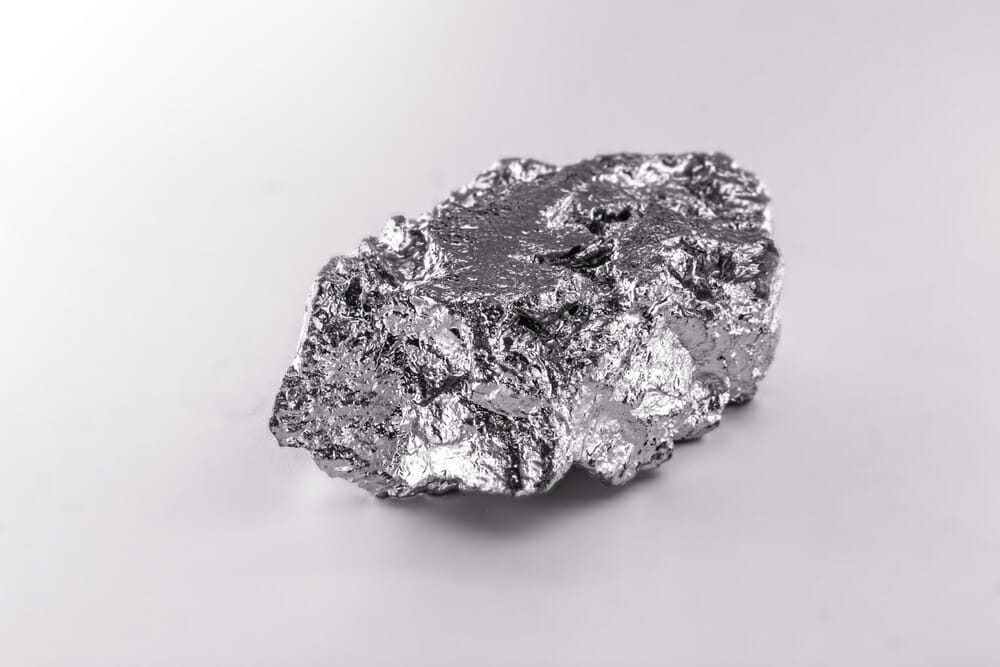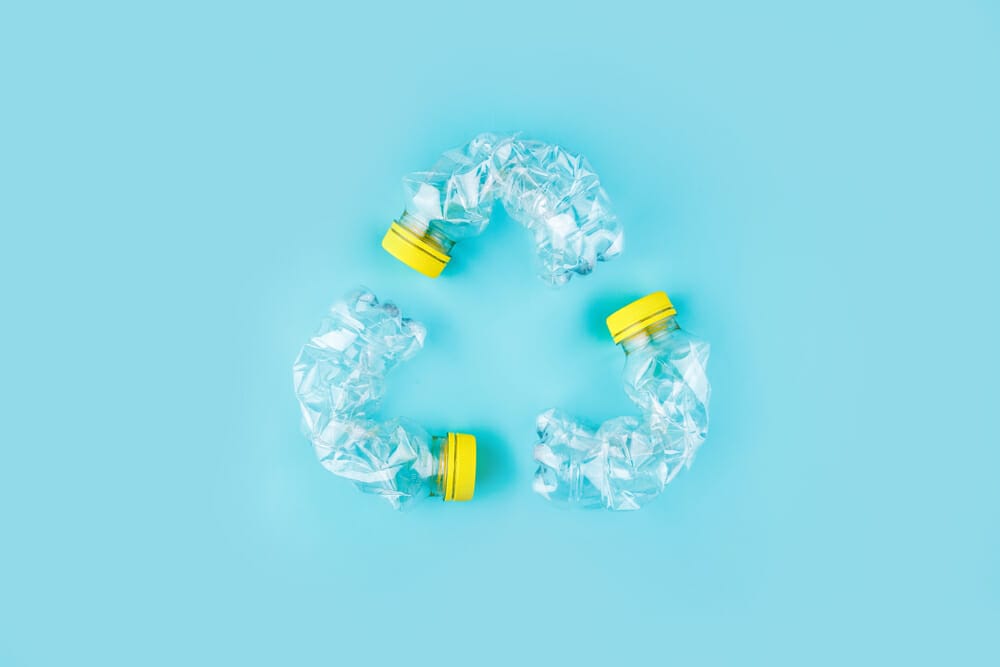Silicone vs Plastic: Which Is Sustainable For The Environment?
Discover the eco-warrior’s dilemma: Explore the surprising truth about silicone and plastic, and make an informed choice that will revolutionize your sustainable lifestyle!
In our modern world, silicone and plastic are two of the most common materials used in various products. But which one is more sustainable for the environment?
It is a question that many people have asked, and there is no easy answer.
In this blog post, we will explore the pros and cons of silicone vs. plastic to help you decide which material is better for you and the planet!
Silicone Vs. Plastic
Silicone and plastic are two of the most common materials used in cookware. Silicone has many benefits over plastic, including being more durable, safer to use, and easier to clean.
Get Your Hand on Your Eco-Friendly Living Starter Guide!
Silicone is also a better insulator than plastic and can withstand higher temperatures. However, silicone has a few drawbacks. It is more expensive than plastic and can be challenging to find in stores.
Additionally, silicone can retain flavors and odors, making it less ideal for some types of food storage. Ultimately, the best choice for cookware depends on the user’s needs.
Silicone and plastic both have advantages and disadvantages, so choosing the material that best suits your needs is essential.
What Is Silicone?

Silicone is an artificial polymer with many uses, from cooking utensils to computer chips. It comprises silicon, oxygen, and other carbon, hydrogen, and nitrogen elements.
Silicone is heat-resistant and has a low coefficient of thermal expansion, making it useful in applications with high temperatures.
Additionally, silicone has good electrical insulation properties and is resistant to water and most oils.
These properties make it ideal for use in many industries, including automotive, aerospace, and construction. Thanks to its versatility, silicone plays an essential role in our everyday lives.
Is Silicone Biodegradable?
Most people assume that silicone is biodegradable, but this is not true. Silicone is a synthetic rubber made up of repeating units of silicon and oxygen.
It is used in various products, including silicone cookware, medical implants, silicone bags, and sealants.
Is Silicone Recyclable?
Most people believe that medical-grade silicone is recyclable, but the truth is that it’s not. Silicone is made from a synthetic polymer that contains silicon, carbon, hydrogen, and oxygen.
The problem with recycling silicone is that it’s difficult to break it down into individual parts. As a result, most recycling facilities don’t accept silicone products.
Read More: 5 Best Eco-Friendly Alternatives To Latex Gloves
What Is Plastic?

Plastic is a material that is made from long chains of molecules called polymers. Through polymerization, plastic is made from natural materials such as cellulose, coal, natural gas, and crude oil.
In 1800, the first plastic was made from cellulose by Alexander Parkes. He used heat and pressure to treat the cellulose, making it a complex, moldable material.
Today, many plastics are used to make everything from toys to bottles.
Plastics are classified by their chemical structure and can be further categorized by their physical properties, such as their hardness or transparency.
The most common type of plastic is polyethylene (PE), used to make bags, packaging, and bottles. Polypropylene (PP) is another standard plastic used to make food containers and drinking straws.
PVC (polyvinyl chloride) is another plastic used to make pipes and toys.
Read More: Eco Friendly Vs Environment Friendly: The Difference
The Pros Of Silicone
Silicones are a unique class of polymer. They are derived from silica (sand is made of silica) and contain silicon, oxygen, and other elements like carbon and hydrogen.
They can be found in everything from contact lenses to electrical insulation.
Here are six reasons why silicone is so unique:
- Silicones are highly versatile. You can use them in everything from cosmetics to cookware.
- Silicones are heat resistant. They can withstand high temperatures without breaking down or losing their shape.
- Silicones are non-stick. It makes them ideal for cooking, as food will not stick to silicone kitchenware.
- Silicones are hypoallergenic. It means they are unlikely to cause an allergic reaction in people with sensitive skin.
- Silicones are water resistant. It makes them ideal for use in bathrooms and kitchens, as they will not rust or degrade when exposed to water.
- Silicones are durable. They will not break down easily and have a long life span.
The Pros Of Plastic
Plastic has become a ubiquitous material in our lives, and its widespread use has pros and cons. Some of the pros of plastic include:
It Is Durable And Long-Lasting:
Plastic is designed to withstand a lot of wear and tear, which is why it is often used in products we use daily, such as toothbrushes and water bottles.
It Is Light And Easy To Transport:
Plastic is much lighter than other materials like glass or metal, making it easier to transport and ship. It is one of the reasons why plastic is so widely used in packaging.
It Is Waterproof:
Plastic is an excellent material for products that need to be waterproof, such as raincoats and food-grade silicone storage containers.
It Is Easy To Clean:
Plastic is non-porous, so it doesn’t absorb stains or odors like other materials. It makes it very easy to clean.
It Is Inexpensive:
Because plastic is so widely used, it is very inexpensive to produce. It makes it an excellent option for mass-produced products.
It Has A Wide Range Of Uses:
Plastic can be molded into various shapes and sizes, making it highly versatile. You’ll find plastic in everything from toys to car parts made with non-toxic chemicals.
Which Material Is Better For The Environment?
Silicone and plastic are two of the most commonly used materials in the world. Both are strong and versatile, making them ideal for various applications.
But when it comes to the environment, which is the better choice?
Silicone is derived from silicon, a naturally occurring element in sand and rock. Once extracted, you can use it to make various products, from cooking utensils to medical devices.
Silicone is also non-toxic and hypoallergenic, making silicone safe for use in food preparation. Perhaps most importantly, silicone is reusable and recyclable, meaning you can repurpose it at the end of its useful life.
Plastic, on the other hand, is made from fossil fuels such as oil and natural gas.
The extraction and refinement of these resources require a significant amount of energy, which can lead to emissions of greenhouse gases.
Additionally, plastic is not biodegradable, meaning it will linger in landfills for centuries after it has been discarded. While you can recycle some types of plastic, others cannot, making them a significant source of pollution.
In conclusion, while both silicone and plastic have advantages, silicone is the better choice for the environment. Silicone can be reused and recycled, while plastic cannot.
Silicone production also has a lower carbon footprint than plastic production. For these reasons, silicone is the more sustainable option for consumer goods and should be chosen whenever possible.
How To Choose The Right Product For You?
Deciding between products made with silicone or plastic can be tricky. In general, silicone products are more durable and heat-resistant than plastic ones.
They’re also often more expensive. However, there are some situations where plastic is the better choice. For instance, if you need a clear or transparent product, silicone may not be the best option.
And if you’re looking for something very lightweight, plastic is usually the way to go.
Ultimately, it’s essential to consider your needs and budget when choosing between silicone and plastic products. With a bit of research, you should be able to find the perfect option.
Final Thoughts
Overall, silicone is the more sustainable choice for the environment. It can be reused and recycled, while plastic cannot. Silicone production also has a lower carbon footprint than plastic production.
For these reasons, silicone is the more sustainable option for consumer goods and should be chosen whenever possible.
When deciding between products made with silicone or plastic, it’s essential to consider your needs and budget. With a bit of research, you should be able to find the perfect option.
Have you made the switch to silicone? Let us know in the comments below!
Keep Reading:
Eco-Friendly Alternative To Air Conditioning: Top 11






